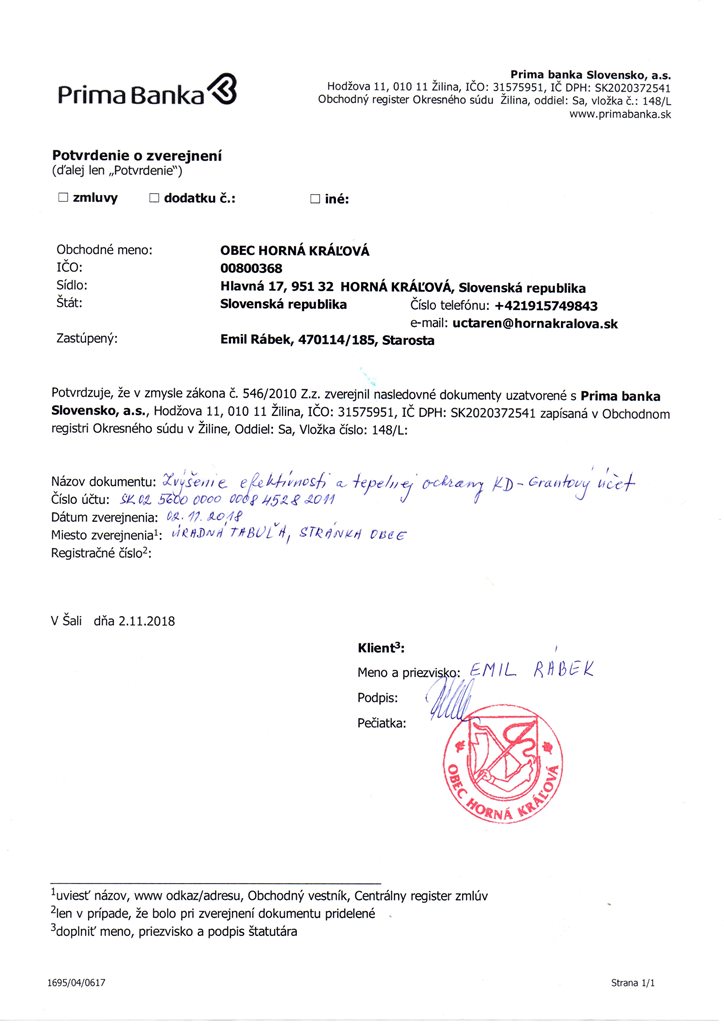1,050% Price Hike: AT&T Challenges Broadcom's VMware Acquisition Plan

Table of Contents
AT&T's Allegations and the 1,050% Price Increase
AT&T's central claim revolves around a proposed 1,050% increase in the price of essential networking services following Broadcom's acquisition of VMware. These aren't minor adjustments; we're talking about a massive price jump affecting core infrastructure components impacting AT&T's operations. The specific services affected haven't been fully disclosed publicly, but reports suggest it includes crucial software and support contracts related to VMware's networking portfolio, impacting AT&T's ability to provide reliable services to its customers.
AT&T's claims are supported by internal communications and financial projections, which they have reportedly shared with regulatory bodies. The sheer magnitude of the proposed price increase is unprecedented and has raised serious questions about Broadcom's post-acquisition pricing strategy.
- Specific examples of services and their price increases: While exact details remain confidential, sources suggest pricing increases across VMware's networking solutions, potentially affecting software licenses, maintenance contracts, and technical support.
- Impact on AT&T's operational costs and competitiveness: Such a significant price hike would dramatically increase AT&T's operational costs, potentially reducing its profit margins and hindering its competitiveness in the telecommunications market. This could lead to higher prices for AT&T customers or reduced service quality.
- Potential implications for AT&T customers: Ultimately, the increased costs for AT&T may translate to higher prices or decreased services for their customers. This is a significant consumer concern given AT&T's substantial customer base.
Antitrust Concerns and Regulatory Scrutiny
The proposed 1,050% price hike has ignited significant antitrust concerns. Such a dramatic price increase suggests a potential abuse of market power post-acquisition, severely limiting competition and stifling innovation. The Federal Trade Commission (FTC) and the European Commission are actively investigating the deal, scrutinizing Broadcom's proposed pricing strategies and their potential impact on the market. The investigation is focusing on whether the acquisition will lead to reduced competition, higher prices, and less innovation for consumers and businesses.
- Potential impact on innovation and consumer choice: Reduced competition can stifle innovation as companies lack the incentive to improve their products and services. Consumers may face limited choice and higher prices for essential networking solutions.
- Arguments for and against the acquisition from different stakeholders: While Broadcom argues the acquisition will lead to synergies and cost savings, critics point to the potential for monopolistic practices and harm to consumers. Competitors and consumer advocacy groups are actively voicing their concerns.
- Timeline of the regulatory review process: The regulatory review is ongoing, with a decision expected in the coming months. The outcome will significantly impact the future of the VMware acquisition and the tech industry landscape.
Broadcom's Response and Defense
Broadcom has countered AT&T's allegations, arguing that the proposed price increases are justified and necessary for integrating VMware's technology into their broader portfolio. They contend that the changes reflect the enhanced value and advanced capabilities provided by the combined entity. Broadcom’s defense emphasizes the cost synergies and efficiencies they expect to achieve post-acquisition, hinting that these savings will eventually offset the increased costs for their clients.
- Key points from Broadcom's press releases or statements: Broadcom has maintained that the pricing adjustments reflect the enhanced functionality and support they will provide, suggesting that customers will ultimately benefit from this integrated offering.
- Counterarguments to AT&T's claims: Broadcom is attempting to downplay the significance of the price increases, claiming that the percentage increase is misleading and that the actual cost increase per service is more moderate.
- Broadcom's strategy for navigating regulatory hurdles: Broadcom is actively engaging with regulatory bodies, aiming to address their concerns and secure approval for the acquisition. They are likely focusing on demonstrating the benefits of the merger while mitigating the potential for anti-competitive behavior.
Impact on the Tech Industry and Future Implications
This dispute between AT&T and Broadcom has significant implications for the broader tech industry. The outcome will set a precedent for future mergers and acquisitions in the sector, particularly in the networking and cloud computing spaces. This situation underscores the importance of careful regulatory scrutiny of large acquisitions to ensure a competitive and fair market for both businesses and consumers.
- Potential shifts in market power dynamics: The success or failure of this acquisition will significantly impact the market power dynamics in the networking and virtualization sectors. A successful acquisition could potentially consolidate market power in Broadcom's hands.
- Implications for innovation and technological advancements: Increased market concentration could stifle innovation by reducing competition and limiting the development of new technologies.
- Long-term effects on pricing and service availability: The outcome of this case could have significant long-term effects on the pricing and availability of critical networking services, potentially impacting businesses and consumers across various sectors.
Conclusion
The alleged 1,050% price hike by Broadcom following its proposed acquisition of VMware has created a significant antitrust challenge. AT&T's allegations, the ensuing regulatory scrutiny, and Broadcom's response highlight the potential for substantial market shifts and pricing impacts within the tech industry. The regulatory decisions regarding this acquisition will significantly shape the future of the industry, impacting competition, innovation, and pricing for years to come.
Call to Action: Stay informed about the ongoing developments in this crucial acquisition battle. Follow our updates on the Broadcom-VMware deal and the significant implications of the 1,050% price hike. Monitor regulatory decisions and their impact on competitive pricing in the tech industry. Keep an eye on the unfolding story of the AT&T and Broadcom dispute and its influence on the future of VMware and the broader tech landscape.

Featured Posts
-
 Savage X Fenty Bridal Rihannas Divine New Collection
May 07, 2025
Savage X Fenty Bridal Rihannas Divine New Collection
May 07, 2025 -
 Kogda Ovechkin Pobet Rekord Grettski Prognoz N Kh L
May 07, 2025
Kogda Ovechkin Pobet Rekord Grettski Prognoz N Kh L
May 07, 2025 -
 Understanding The Karate Kid Part Ii Themes And Character Development
May 07, 2025
Understanding The Karate Kid Part Ii Themes And Character Development
May 07, 2025 -
 Hokejovy Svetovy Pohar 2028 Oficialne Potvrdenie Od Nhl
May 07, 2025
Hokejovy Svetovy Pohar 2028 Oficialne Potvrdenie Od Nhl
May 07, 2025 -
 Open Ais Continued Nonprofit Governance What It Means
May 07, 2025
Open Ais Continued Nonprofit Governance What It Means
May 07, 2025
